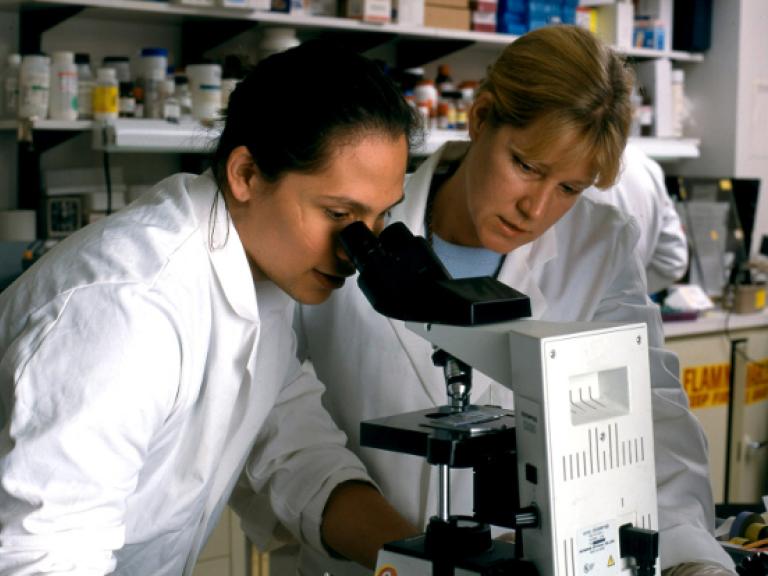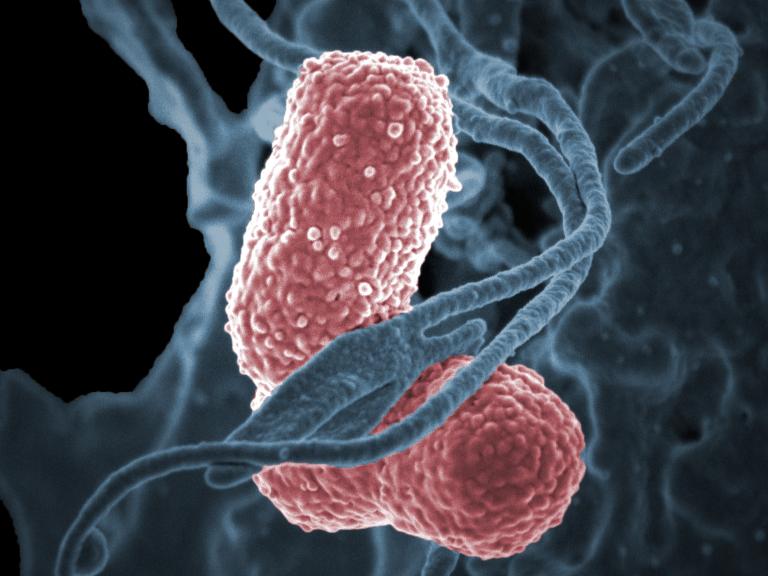Bacteria, fungi, and other microbes evolve over time and can develop resistance to antimicrobial drugs. Microbes naturally develop resistance; however, using antibiotics too often in humans and animals and in cases where antibiotics are not an appropriate treatment can make resistance develop more quickly.
Antimicrobial resistance is a significant public health problem in the U.S. and around the world as infections are becoming increasingly difficult to treat, especially in healthcare facilities and in people with weakened immune systems.
To address this growing problem, NIAID is funding and conducting research to better understand how microbes develop and pass on resistance genes. NIAID is also supporting the development of new and faster diagnostic tests to make it easier for doctors to prescribe the most effective drug. NIAID’s research program also focuses on ways to prevent infections, including vaccines, and developing new antibiotics and novel treatments effective against drug-resistant microbes.
Highlights

NIAID’S Antibiotic Resistance Research Framework: Current Status and Future Directions
This report describes NIAID’s portfolio of basic, translational, and clinical research in AR and outlines an updated array of innovative approaches based on the latest scientific advances and research opportunities to address this urgent public health priority.

Can Improved Tests Speed Up Treatment for Antibacterial Resistant Infections?
An ongoing NIAID-supported trial is testing whether rapid tests for antibiotic susceptibility can improve patient outcomes.
News Releases
NIAID Now Blog
Funded Research News
Antibacterial Resistance Leadership Group
The Antibacterial Resistance Leadership Group (ARLG) is composed of scientific experts from government agencies, academic institutions, and nonprofit and industry groups around the world. The ARLG oversees a clinical research network that conducts studies on important aspects of antimicrobial resistance, including testing novel therapeutics and diagnostics.


